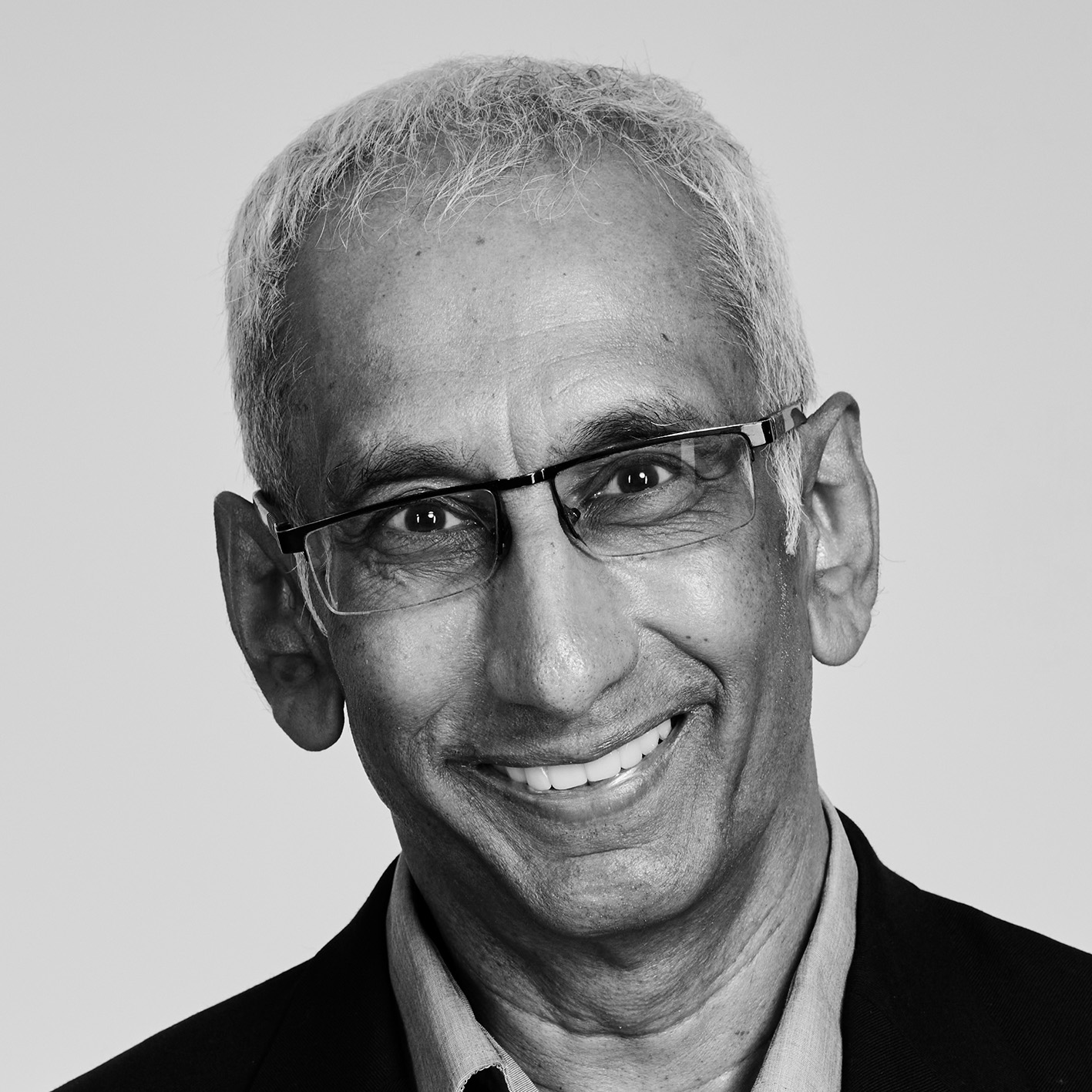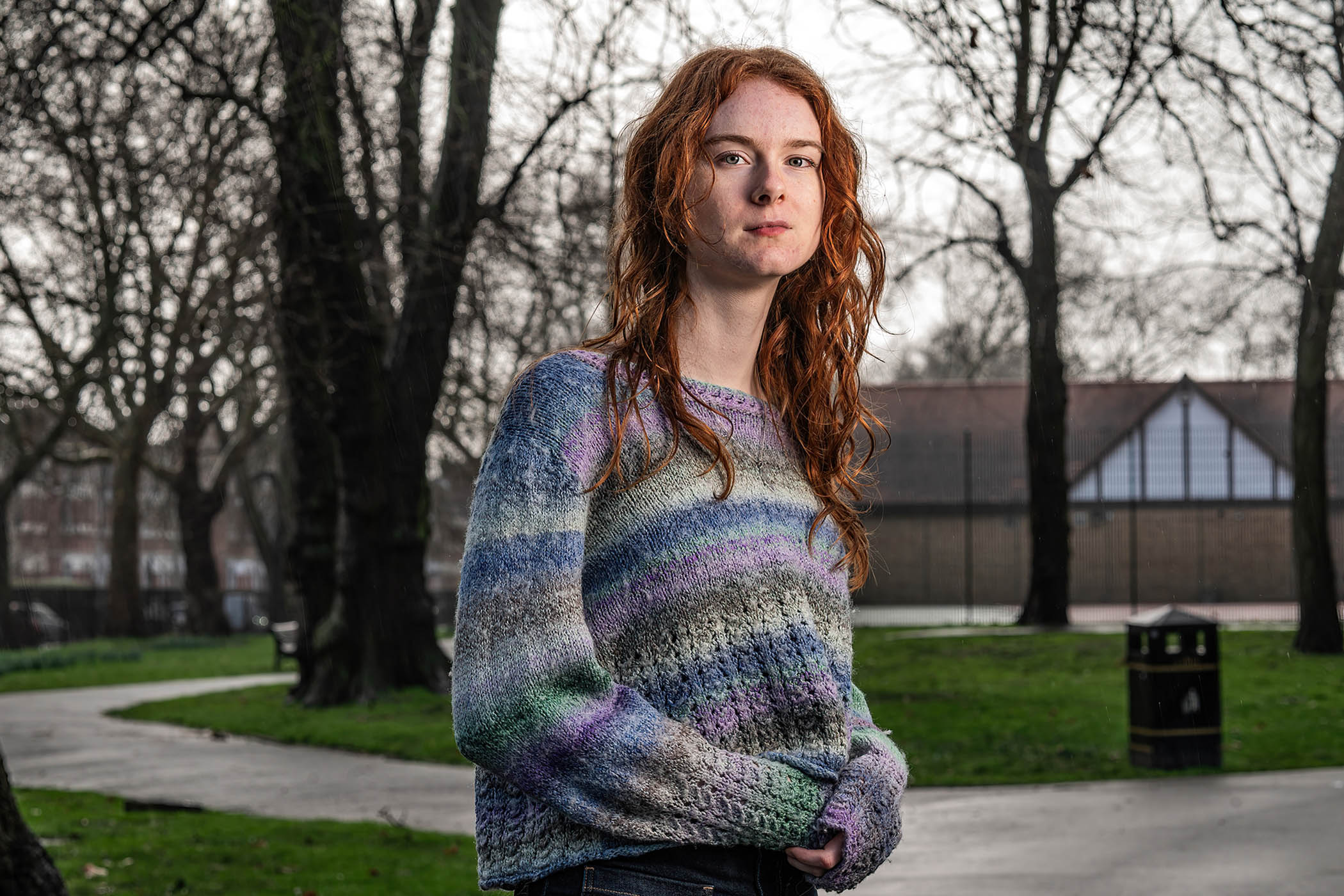If you believe that immigration has destroyed western civilisation, I might think you’ve become too drunk on Robert Jenrick and Allison Pearson, Douglas Murray and Melanie Phillips. The British state, though, may well mark you down as being on the path to terrorism.
According to an online training course for Prevent, the government’s anti-radicalisation programme, “cultural nationalism” – defined as the belief that “‘western culture’ is under threat from mass migration and a lack of integration by certain ethnic and cultural groups” – is one of “the three most common subcategories of extreme rightwing terrorist ideologies”, the others being “white/ethno-nationalism” and “white supremacism”.
The claim inevitably drew outrage from rightwing commentators. Toby Young, founder of the Free Speech Union (FSU), wrote to the home secretary, Yvette Cooper, pointing out that Prevent’s definitions of “extremism” and “terrorist ideologies” expand “the scope of suspicion to include individuals whose views are entirely lawful but politically controversial”, and that “right-of-centre beliefs risk being treated as ideologically suspect”.
Prevent, the FSU’s Freddie Attenborough wrote in The Critic magazine, “has shifted from focusing on conduct (acquiring weapons, making threats, inciting violence) to treating political ideologies as indicators of risk – the problem being that ‘risky’ ideologies are both vaguely defined and culturally loaded”.
‘Extremism’ turned into a highly elastic label, deeming ideas beyond the bounds of reasonable debate and open to state sanction
‘Extremism’ turned into a highly elastic label, deeming ideas beyond the bounds of reasonable debate and open to state sanction
Young and Attenborough are right about the dangers of Prevent overreach. There is, though, nothing new in this. Prevent has long pursued “political ideologies as indicators of risk”. In the past, it was mainly Muslims or radicals that caught its eye. Many of those outraged by the targeting of “cultural nationalism” said little about such practices, indeed often cheered them on because they applied largely to Muslims. Now they are incandescent as more mainstream conservative views have been drawn in as part of Prevent’s clampdown on far-right terror.
Prevent is part of Contest, the UK government’s counter-terror strategy launched in 2003. Its aim is to counter terrorist ideology before any offence has been committed.
Prevent, in other words, explicitly targets nonviolent ideas and lawful activities, under the pretext that these might be a precursor to terror. According to latest Home Office figures, for the year ending March 2024, there were 6,922 referrals to Prevent, more than half of whom were under 18. Of these, 512 were recommended for a “tailored support package” including “mentoring, theological guidance, education and careers assistance”. So just 7% of those referred to Prevent may have had even tenuous terrorist sympathies. In the process, a climate of suspicion has been created, as well as a system of surveillance and censorship.
At universities, “normal topics that are discussed as a matter of course in our educational spaces are”, in the words of a former National Union of Students officer, Ilyas Nagdee, “treated as criminal”. From students being warned not to download academic papers dealing with potentially controversial subjects, to a criminology lecturer running her reading list by police to ensure it was Prevent-safe, counter-terror policy imposes itself on intellectual life. “We are entering a situation where thought becomes dangerous,” observes Alison Scott-Baumann, a professor at Soas University of London.
Related articles:
From the beginning, “treating political ideologies as indicators of risk” was baked into Prevent policy. Lawful speech and action became accepted as grounds for treating someone – even a child – with suspicion as a potential terrorist. “Extremism” turned into a highly elastic label, not just locating an idea on the political map but also deeming it morally beyond the boundaries of reasonable debate and so open to state sanction.
Prevent too often fails to prevent that which should be prevented while attempting to prevent that which should be permissible. So Usman Khan, the perpetrator of the 2019 Fishmongers’ Hall attack in London, who murdered Jack Merritt and Saskia Jones, had completed two counter-terrorism programmes while in prison and was being monitored by Prevent. A 2018 Home Office evaluation suggested 95% of deradicalisation programmes were ineffective. What Prevent has been effective at is surveillance and censorship.
Newsletters
Choose the newsletters you want to receive
View more
For information about how The Observer protects your data, read our Privacy Policy
All this has happened with little opposition except from Muslim activists and civil liberties organisations – often dismissed as supporters of terrorism or as anti-British, lefty lawyers. The failure to challenge the illiberal creep of state power has given the authorities scope to extend such policy to conservative ideas, too.
This is particularly important to recognise when there is widespread demonisation of Muslims and migrants, when asylum seekers have their basic rights stripped away, and deportees’ rights of legal redress are weakened, and when targeted racist attacks on migrants in Ballymena are dismissed as locals “venting their anger”. Diminishing the rights of one group only makes it easier to diminish the rights of all.
Photograph by Guy Smallman/Getty



